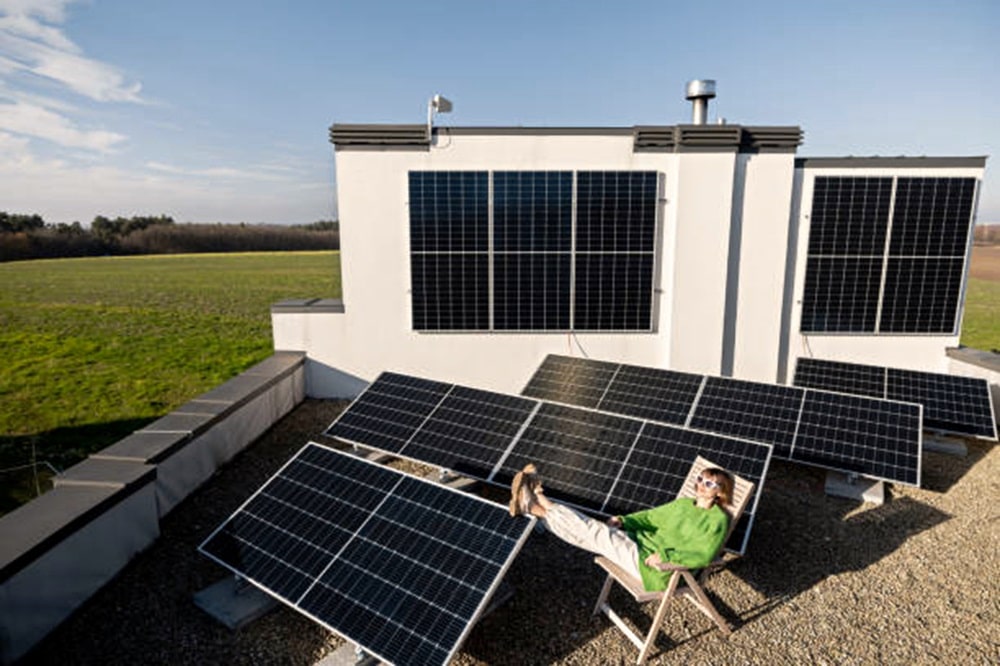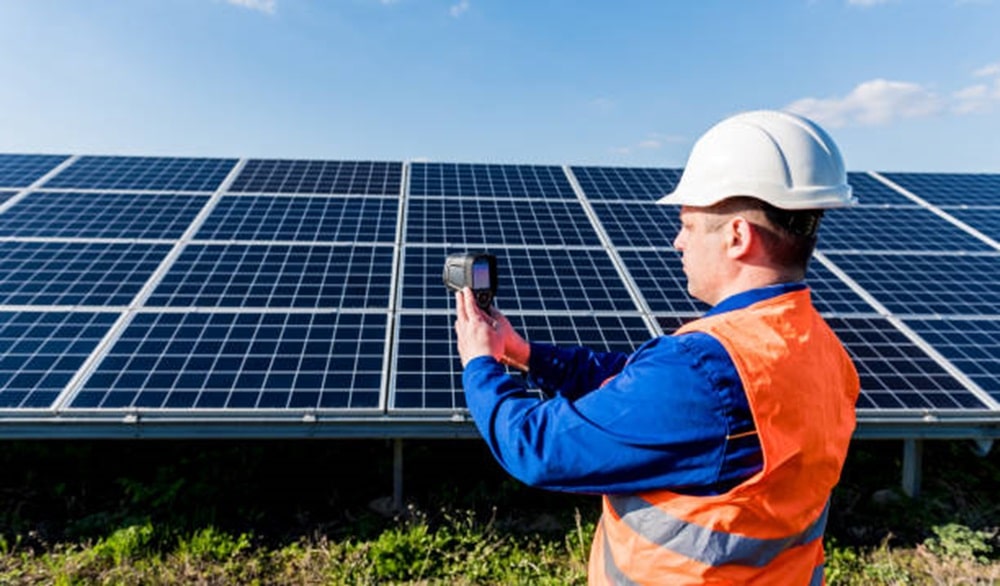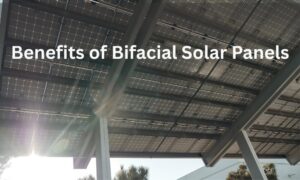Abundant sunshine makes it a prime location for harnessing solar energy through solar panels in Australia. However, the efficiency of solar panels can be influenced by temperature variations. Amidst the sizzling summer days and chilly winter nights, a question arises: what’s the best temperature for solar panels in this diverse land?
So, let’s dive into the optimal zone and explore the impact of temperature extremes on your solar power generation.
Are you looking to save money on your electricity bills and reduce your carbon footprint? Solar energy is the perfect solution! Energy Matters can help you get up to 3 FREE solar quotes from pre-qualified and vetted solar firms in your area.
Energy Matters has been a leader in the renewable energy industry since 2005 and has helped over 40,000 Australian households in their journey to energy independence. With Energy Matters, you can be sure you’re getting the best possible deal on solar energy. We only work with reputable solar firms with a proven track record of delivering high-quality solar systems.
Sun’s sweet spot: 25°C – The optimal temperature for solar panels
Contrary to intuition, scorching Australian summers aren’t the most productive solar panel time. Their ideal temperature for peak efficiency lies around 25°C (77°F). Solar cells, like all semiconductors, become less efficient with rising temperatures.
Think of it this way: hotter panels get “jumpy” electrons, generating less usable energy. This phenomenon is quantified by the temperature coefficient, typically between -0.2% and -0.5% per degree Celsius above 25°C. So, a panel at 35°C could lose 5% efficiency compared to its 25°C peak.
The ideal temperature range for solar panels
The optimal temperature range for solar panels typically falls between 25 to 35°C. Panels within this range can operate at their maximum efficiency, producing the most electricity.
Beyond the optimum: The rise and fall of efficiency
However, like a rollercoaster of seasons, Australia’s climate throws temperature curves at your solar panels. So, what happens when the mercury rises or plummets?
Heatwave blues: As temperatures climb above 25°C, solar panel efficiency starts to dip. Every degree above this sweet spot can lead to a decrease in efficiency of around 0.2-0.5%. So, on a scorching 40°C day, your panels could lose up to 8% of their potential power.
Winter woes: While you might think colder temperatures are better, they’re not ideal either. While not as detrimental as heat, temperatures below 0°C can hinder the flow of electrons in the panels, leading to a slight drop in efficiency. Thankfully, most Australian regions rarely experience such harsh winters, making this less of a concern.
Navigating the temperature range: From maximum to minimum
Now, let’s explore the temperature spectrum your solar panels can handle.
- Maximum temperature solar panel can withstand: Most panels can handle up to 85°C without permanent damage. However, remember efficiency plummets at high temperatures.
- Minimum temperature for solar panels: While they can function below 0°C, efficiency drops, as mentioned. The good news is that most Australian regions rarely experience such extremes.

Looking to save extra with your Sungrow, GoodWe or Tesla Powerwall 2 installed solar battery*? Origin and Energy Matters have teamed up to provide customers with an additional way to save and make money!
Join Origin Loop VPP as an Origin electricity customer and earn a $200 bonus! Earn $1/kWh during peak demand by letting them draw on your battery-stored solar energy.
You’ll also enjoy a 13 c/kWh feed-in tariff^ and enjoy full transparency through the Origin app. No lock-ins; leave anytime, and your yearly energy export is capped at 200kWh. Win-win for you and the grid!
If you already have solar and a battery*, then sign up today! If you don’t, get up to 3 obligation-free quotes by getting in touch with us right away.
*Your battery must be eligible to participate. | ^Feed-in tariff rates are subject to change at any time. All FIT amounts include GST where applicable.
Australian climate and solar panel performance
Australia’s diverse climate throws a curveball at this seemingly straightforward scenario. While the optimal 25°C might be rare in scorching inland regions, the milder temperatures of coastal areas are closer to the ideal. However, even in hot areas, factors like cloud cover and ventilation can mitigate the negative effects of high temperatures.
Optimising performance: Keeping your panels cool
The good news is there are ways to optimise solar panel performance even in less-than-ideal temperatures. Mounting panels with proper air circulation underneath allow for heat dissipation. Additionally, choosing panels with lower temperature coefficients can minimise efficiency loss.
Understanding the impact: Beyond just a number
Knowing the optimal temperature for solar panels helps set realistic expectations for energy production. While hot summers might not be peak performance periods, solar panels still generate valuable electricity throughout the year, contributing significantly to Australia’s renewable energy future.
So, remember, it’s not just about the sun’s intensity; the temperature behind those rays plays a crucial role in solar panel performance. Understanding the solar panel temperature range and operating temperature allows you to optimise your system and harness the sun’s power, even in Australia’s diverse climate.

Ready to upgrade your solar panels and take your energy savings to the next level?
Ready to upgrade your solar panels and take your energy savings to the next level? Embrace the energy efficiency revolution by upgrading your solar panels, battery or solar inverters with Energy Matters.
With our 3 free solar quotes, you can compare plans from pre-qualified and vetted installers in your area and find the perfect solution for your home and business. Harness the sun’s power and save money on electricity bills while reducing environmental impact. Let Energy Matters guide you towards a brighter, more sustainable future.












































